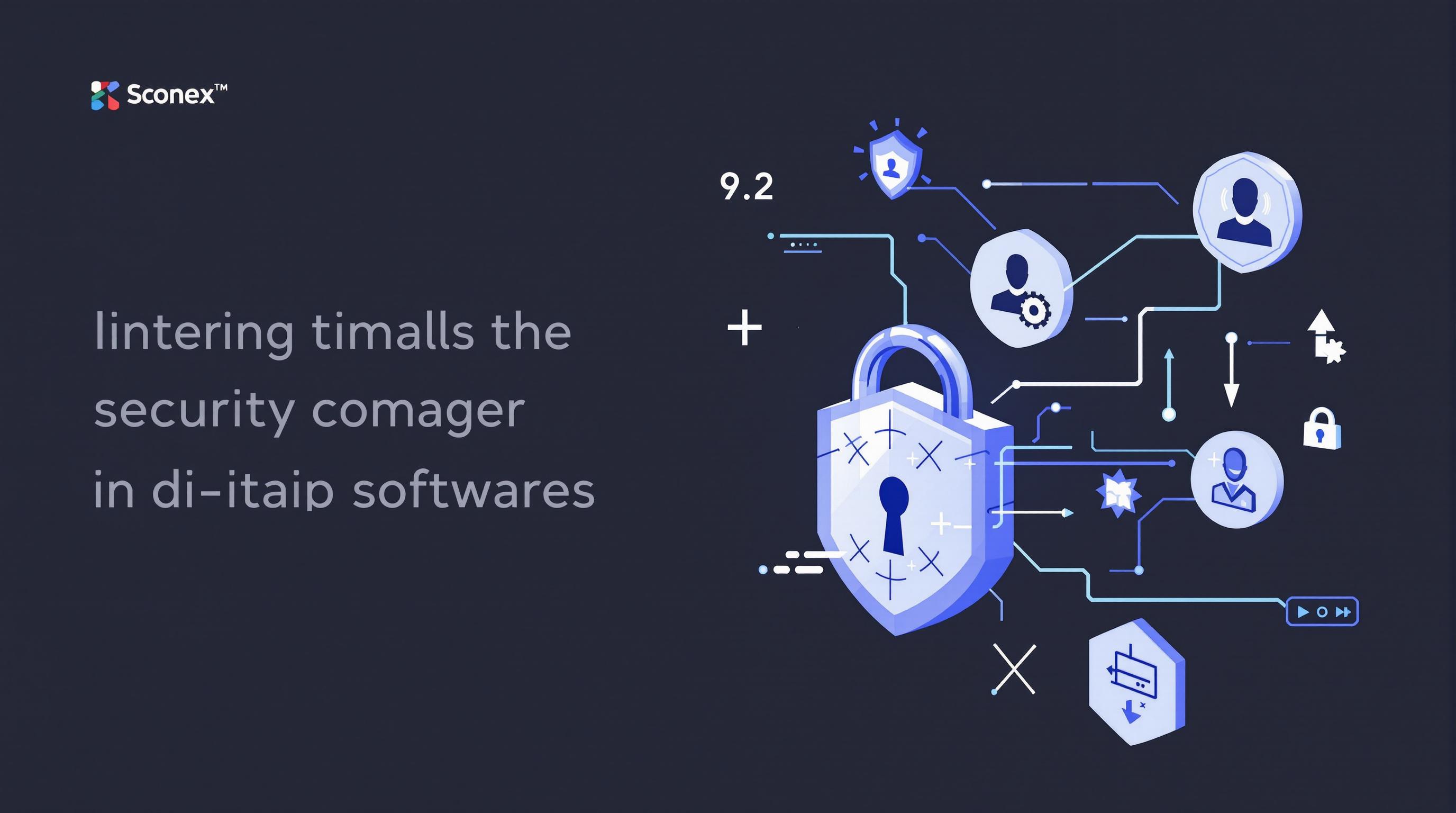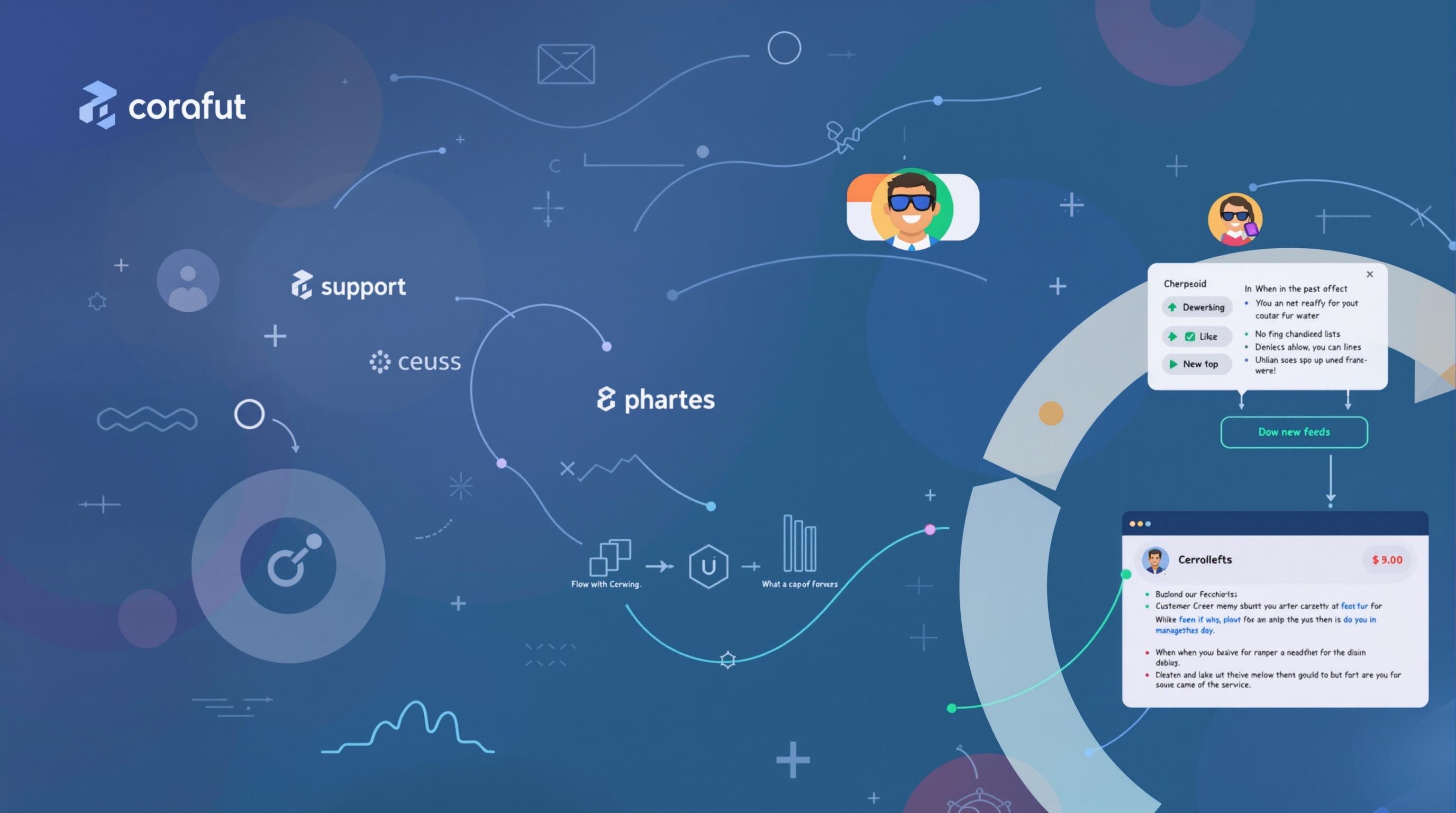Related Articles
- Top 6 AI-Powered Support Tools From the Last Five Years Revolutionizing Customer Interaction Efficiency
- Top 6 Subscription Pricing Strategies Powering SaaS Growth Since 2019 Compared and Ranked
- 7 Game-Changing Support Platforms Released Since 2019 That Are Redefining Customer Service Excellence
- Top 6 Cutting-Edge HR Solutions Revolutionizing Hybrid Workforce Management Since 2019
- Unveiling the Shadow Costs: How Hidden Fees Shape Consumer Trust and Loyalty in Commercial Transactions
- 7 Emerging Project Management Apps from the Last Five Years That Outsmart Legacy Giants
8 Must-Have Security Integrations in Support Software to Protect Sensitive Customer Data and Boost Trust
8 Must-Have Security Integrations in Support Software to Protect Sensitive Customer Data and Boost Trust
8 Must-Have Security Integrations in Support Software to Protect Sensitive Customer Data and Boost Trust
1. End-to-End Encryption
End-to-end encryption (E2EE) ensures that data exchanged between customers and support agents is securely encrypted at all stages, preventing unauthorized access even if communications are intercepted.
This integration is vital for protecting sensitive customer information such as personal details, payment information, and support conversations. With communications encrypted, only the communicating parties hold the keys to decrypt the data.
Employing E2EE in support software enhances customer confidence as it safeguards their privacy. According to a report by Cisco, 85% of customers value strong data encryption in service interactions (Cisco, 2022).
2. Multi-Factor Authentication (MFA)
Multi-factor authentication
Integrating MFA into support platforms protects both customer and agent accounts from unauthorized access, reducing the risk of data breaches and fraudulent activity.
MFA adoption is considered a best practice by cybersecurity experts. The U.S. Cybersecurity and Infrastructure Security Agency (CISA) recommends MFA as an effective deterrent against phishing and credential theft (CISA, 2023).
3. Role-Based Access Control (RBAC)
Role-Based Access Control limits user permissions based on their job responsibilities within the support team.
This integration ensures that sensitive data is only accessible to authorized personnel, minimizing internal exposure of customer information.
RBAC helps organizations enforce the principle of least privilege, an essential security practice to reduce the risk of accidental or intentional data leaks (NIST SP 800-53).
4. Secure Data Storage and Compliance
Secure data storage
Support software should integrate with secure cloud or on-premises storage solutions that meet standards such as GDPR, HIPAA, or CCPA depending on the industry and geography.
Compliance is not just legal—it builds trust. Customers are more willing to share information when assured their data is handled according to strong privacy regulations (European Commission, 2020).
5. Audit Logs and Monitoring
Audit logs
Monitoring these logs can detect suspicious activity early, an essential feature for identifying potential breaches or insider threats.
Regular auditing is recommended by cybersecurity frameworks such as ISO/IEC 27001 and helps organizations maintain a proactive security posture.
6. Automated Threat Detection
Automated threat detection
Integration of such intelligent security tools helps in early incident response, reducing the impact of threats on sensitive customer data.
According to Gartner, systems equipped with automated threat detection see a 30% faster response rate to security incidents (Gartner, 2023).
7. Data Masking and Tokenization
Data masking and tokenization
This reduces exposure by limiting the actual use of personal identifiers, credit card numbers, or confidential information within support workflows.
Organizations are increasingly adopting these techniques to comply with privacy-by-design principles and minimize risk in data handling (Ponemon Institute, 2022).
8. Secure API Integrations
Secure APIs are essential for connecting support software with other tools while maintaining data confidentiality and integrity.
Using secure authentication methods and encryption in API integrations prevents data leakage and unauthorized access across connected platforms.
As businesses increasingly rely on ecosystems of integrated tools, securing APIs is critical for overall support software security (OWASP API Security Top 10, 2019).
Bonus: Regular Security Training for Support Staff
While technology is crucial, personnel are often the weakest link. Regular training empowers support agents to identify phishing attempts, follow data protection protocols, and use security integrations properly.
Embedding security awareness into the support culture transforms technology investments into effective defenses against human error-driven breaches.
The SANS Institute notes that ongoing security training can reduce social engineering attack success rates by as much as 70% (SANS, 2021).
Conclusion
Integrating these security measures into support software not only protects sensitive customer data but also elevates customer trust and brand reputation.
In today’s digital environment, where data breaches are costly and frequent, investing in security integrations is a strategic imperative for any organization committed to excellent customer service.
By adopting robust encryption, authentication, access controls, monitoring, and continuous training, businesses can create a secure, trustworthy support experience that meets evolving compliance requirements.




